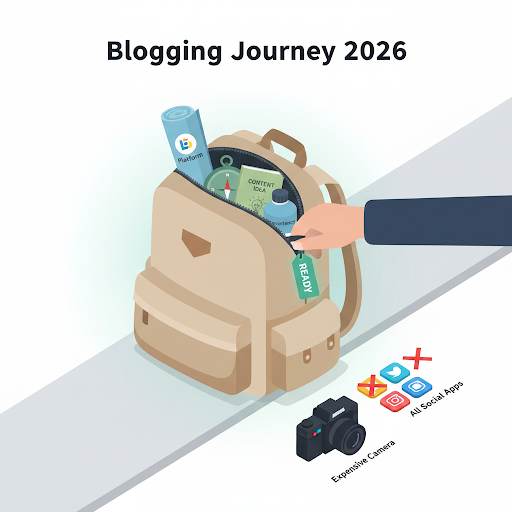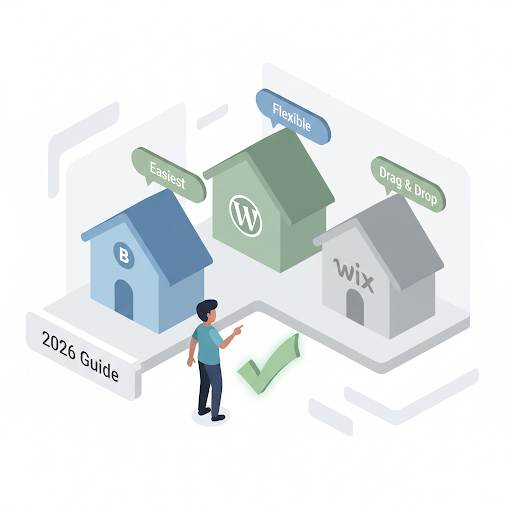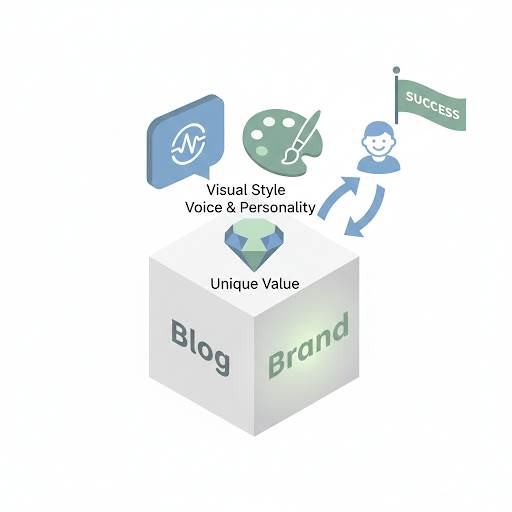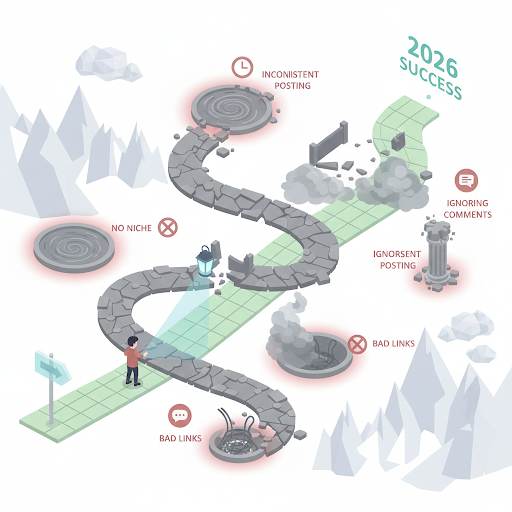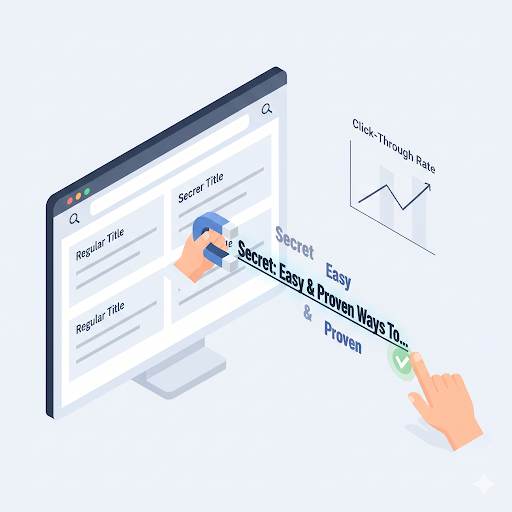So, you’re thinking about starting a blog—or maybe you’ve already launched one.
You’ve got ideas, a little motivation, maybe even a fresh blog name… but then you sit down to write and think,
“Wait, how do I actually write a blog post that people care about?”
You’re not alone. Writing great blog content isn’t just about typing words on a screen.
It’s about making a real connection with someone who’s reading it.
If you’ve ever stared at a blank page wondering what to do next, this guide is for you.
In it, I’ll walk you through simple, beginner-friendly blog writing tips that actually work—even if you’re just starting out.
What Does Blog Writing Even Mean?

Let’s break it down.
Blog writing is simply the art of creating content (like articles or guides) for a blog—your space on the internet that you update with new posts over time.
But it’s not just about writing whatever pops into your head.
Great blog posts are written with a purpose.
They’re meant to:
- Help someone solve a problem
The best blog posts feel like they’re written just for you.
That’s the goal.
1. Know Who You’re Talking To
This is the first mistake most beginners make: trying to write for everyone.
Here’s the thing—if you try to speak to everyone, no one really listens.
Think about who your ideal reader is.
Maybe it’s someone just like you a few months ago.
Ask yourself:
- What problem are they trying to solve?
- What kind of help or guidance are they searching for?
Picture one person.
Write like you’re talking to them directly.
2. Nail the Headline
If your headline doesn’t catch someone’s attention, they won’t even click to read the rest.
A good blog title is:
- Clear: Avoid vague or confusing language.
- Specific: Tell people exactly what they’ll learn or gain.
- Emotional or intriguing: Spark curiosity or offer a solution.
Example:
❌ Some Writing Thoughts
Try writing a few headline options before picking the best one.
3. Start Strong with Your Intro
Think of your introduction like a movie trailer.
It should make people want to keep reading.
You don’t need to be dramatic.
Just:
- Start with a relatable question or scenario
- Show that you understand their problem
- Give them a reason to read on (What’s in it for them?)
And most importantly—keep it human and simple.
4. Write Like You’re Talking to a Friend
You’re not writing an essay or a corporate report.
This is your blog. Be real.
- Use short sentences. Say “you” a lot.
- Use contractions (like I’m, you’re, it’s).
It helps your writing feel more relaxed and conversational.
It’s okay to break some grammar rules if it makes your writing sound more natural.
If it helps, read your post out loud.
If it sounds weird, rewrite it.
5. Make Your Post Easy to Read
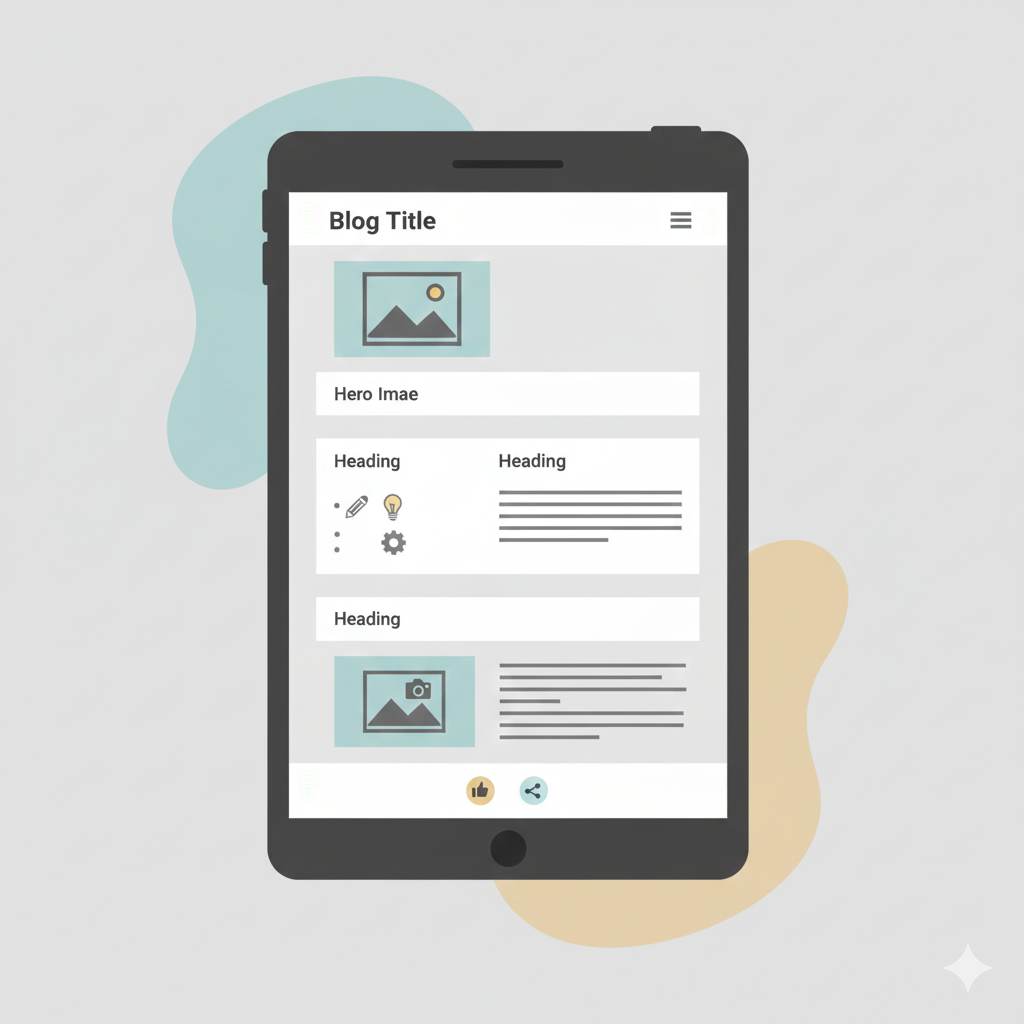
Most people skim blog posts before they decide to read them.
So make your content easy to scan:
- Use clear headings for each section
- Keep paragraphs short (2–4 lines)
- Use bullet points and bold important ideas
- Add space—don’t cram everything together
Clean formatting makes your post 10x easier to follow.
6. Offer Real, Honest Value
Please don’t write just for the sake of it.
A great blog post gives your reader something they didn’t have before.
Ask yourself:
- Am I solving a real problem?
- Am I sharing something helpful or unique?
- Am I making this simple to understand?
Even personal stories or opinion pieces should have a takeaway or lesson.
7. Use Keywords (But Don’t Be Weird About It)
Yes, SEO is important. But don’t overthink it.
Pick one main keyword (like blog writing tips).
Use it naturally in your:
- A few times throughout the post
- Don’t stuff it in where it doesn’t belong.
Google’s smarter than that.
Just write for real people, and SEO will often take care of itself.
8. End with a Clear Next Step
You’ve shared great advice—now what?
Always end your post with a call to action (CTA).
Ask the reader to do something like:
People like being guided. Don’t leave them guessing what to do next.
9. Edit Like a Reader
Your first draft? Probably not your best draft.
That’s okay.
Once you’re done writing:
- Come back with fresh eyes
- Cut anything boring or repetitive
- Fix typos, awkward phrases, or confusing parts
- Read it like your ideal reader would
Great writers are great editors.
Don’t rush this part.
10. Just Keep Going
You’re not going to be perfect at first.
Nobody is.
The biggest difference between successful bloggers and everyone else?
- They published when they were nervous.
- They showed up again and again—even when no one was reading yet.
- Blogging is a skill you build with time and practice.
- And every post you write gets you closer.
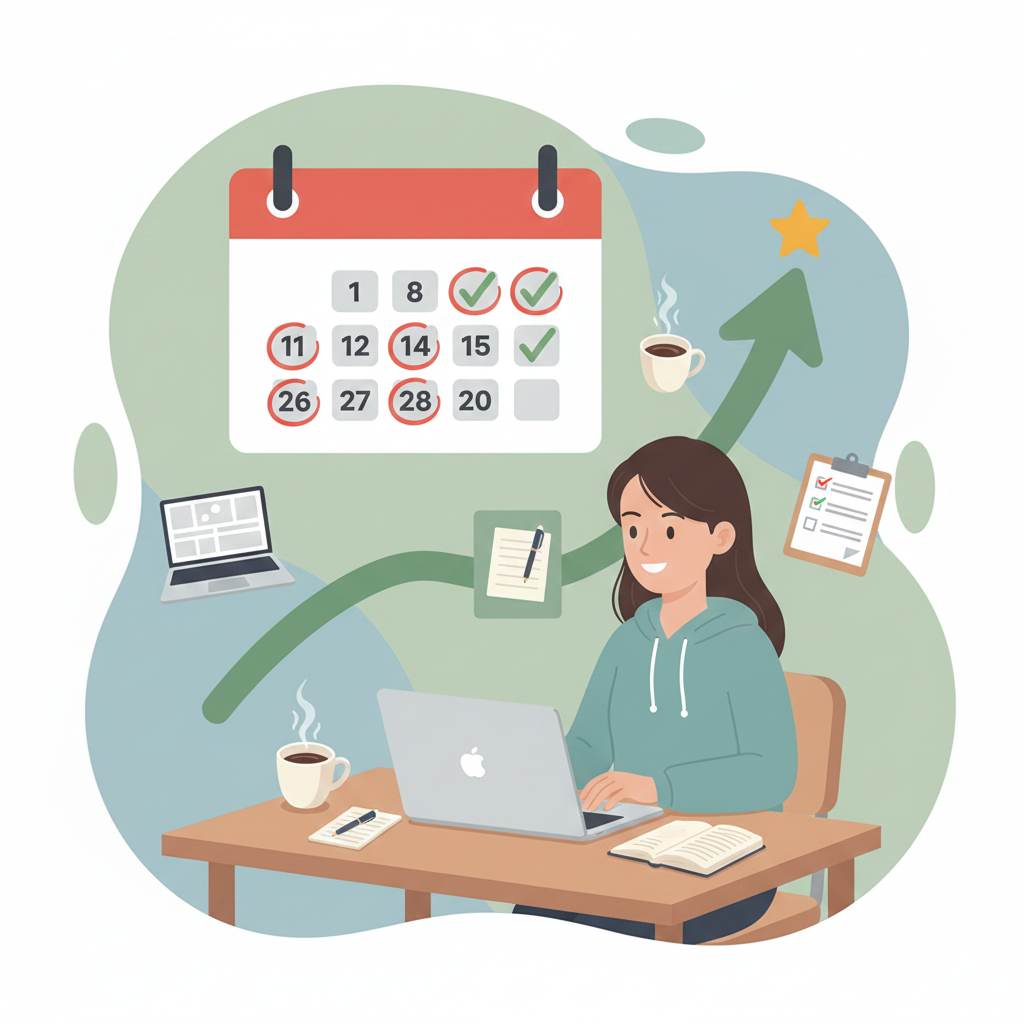
Final Thoughts: You’re a Blogger Now
Seriously. You are.
Blogging isn’t about having it all figured out.
- It’s about learning in public.
- Helping others by sharing what you know.
- Showing up with honesty and consistency.
If you’re still reading this, it means you care—and that already makes you different.
So open that blank page.
Start writing. Apply these blog writing tips one step at a time.
And trust that your words matter.
Because they do.
And I’ll be here cheering you on every step of the way.




